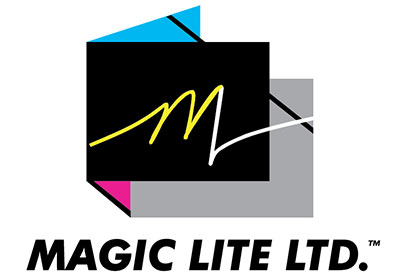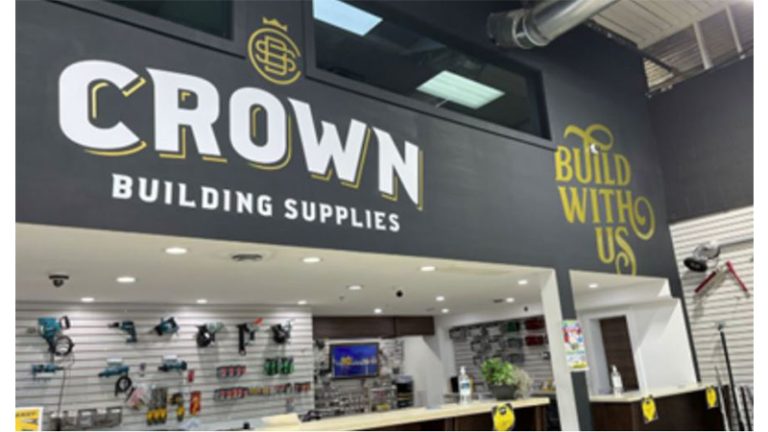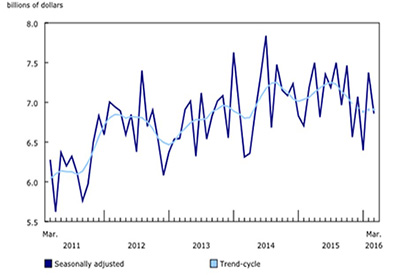Why Transparency May Be Your Best Investment

Dec 12, 2019
By Rick McCarten
With the fast pace to digitalization, companies are forced to make quick decisions that can expose their business. Executives find themselves in a dilemma between moving forward or building a resistance to change and exposure. The easy route is to keep your cards close to your chest, and to not move forward. Here are four life examples of why you might reconsider that approach and why it’s important to build a more transparent corporation.
1. In the 1960s — the Liquor Control Board of Ontario (LCBO) kept all of their bottles of alcohol in the back room. Customers filled out a form, walked it to the counter and a “salesperson” got it from the backroom. Today LCBO has moved its warehouse out front. What they have found, like most retailers, is the increase in sales far exceeds any loss through theft. People buy when they can see, feel, touch and trust the product.
2. In the 1980s — there was a tale of two cities, vying for the capital of the new electronics era. One was Boston with its highly educated population, and the other was San Francisco, which was known more for its alternative lifestyle (hippies). The only difference between the two locations, other than that, was that Boston companies shared their research and innovation internally. San Francisco on the other hand, shared their findings with everybody. Today the San Francisco area is known as centre of the hi-tech industry.
At first glance why would it benefit a company to share with its competitor? Three reasons come to mind:
• sometimes additional minds thinking outside “your” box can solve the problem
• second, if you share, so will they
• third, successful companies are like a rising tide, all boats rise around them
3. 2019 — the Economist magazine (Nov 15) ran a special report on immigration. Their findings were if all country barriers and walls were eliminated, if people could move where they wanted to improve their lives, the world economy would double. I find this to be an amazing statistic; the World GDP would increase 100%.
Look at this from the opposite, more negative angle; our existing walls, our barriers between countries that restrains free movement, are keeping our productivity performance hovering around 50% of our real potential. There are a lot of reasons, outside of income, that factor into restricting borders, most of them selfish. But the facts are that immigrants are twice as likely to start new businesses and three times more likely to take out a patent. What barriers and walls are in your company that are holding you back from achieving your true potential?
Interesting fact: Toronto is said to be the most diverse city in the world, with 46% of its population not being born in this country. We can use this stat as an ongoing experiment on openness. Think of people moving as vehicles for transporting ideas, information, new ways of looking at things. Transparency doesn’t have to be a people movement if you have other ways of transporting those ideas. As #4 points out below, it is all about the social capital.
4. 500 AD — A study from Harvard University by Robert Putman looked historically at what constituted “social capital.” He defines it as the “affinity people feel for members of their society they do not know.” He studied the effects Catholicism had on Europe compared to other parts of the world (full disclosure — I am not Catholic). He found that in 500AD the Catholic church banned polygamy, marriage between cousins and siblings. This forced men and women to marry outside their circle, outside their clan. Over time this practice built a strong society that had a broader level of trust and solidarity than other places in the world who continued to keep their trust to a closer circle.
Over time, the trust factor of this social capital allowed Europe to grow in wealth and innovation and to eventually dominate the world.
Throughout history open, inclusive societies have come to prosper by using their social capital wisely. Is your company so different that this would not work for you as well?
Rick McCarten is VP, Operations, Electro-Federation Canada.











